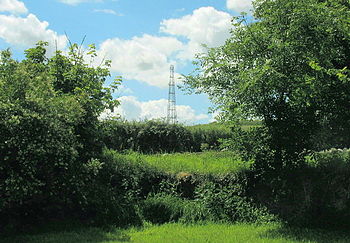Despite the fact that Internet access speeds are increasing on average, there are still almost 40% of Americans without broadband service. I know this because my parents live just a few minutes out of a state capital and do not have any access to any wired broadband service. There is no easy answer to this solution because serving these rural areas is expensive.
Building the last-mile infrastructure is the most costly part of the build. Carriers are challenged to be profitable building out rural areas even if they had a 100% market share. This is why the Universal Service Fund was created. Instead of all customers subsidizing rural communities, local governments and carriers should be allowed to form a public/private partnership to build an open-access last-mile fiber infrastructure. All carriers could then utilize this infrastructure to provide competitive communications services to potential customers no different than in densely packed urban areas. This method is fairer to all parties and does not put taxpayers at as much risk.
Many residents in parts of Hamilton and Bradley Counties, along with the rest of the state, are only able to get internet via cell phone providers or a dish. To get television reception we need an additional dish on the roof. None of these options are consistently reliable. The data plans are limited and expensive.
If we really want to be the state that supports education then all the tools necessary for success must be made available for all residents and this includes high speed broadband access. I encourage you to repeal the outdated laws and allow municipal utilities to provide broadband service.
ATT [sic], Comcast and Charter are against this but refuse to provide the service to rural Tennessee. They say private business should not have to compete with municipal utilities. Follow the money and you will see the private telecoms get more federal funds than municipal utilities to service rural areas. We need EPB to expand in this area as they are the only company willing to provide broadband to underserved areas.
Bill Perry
Ooltewah








